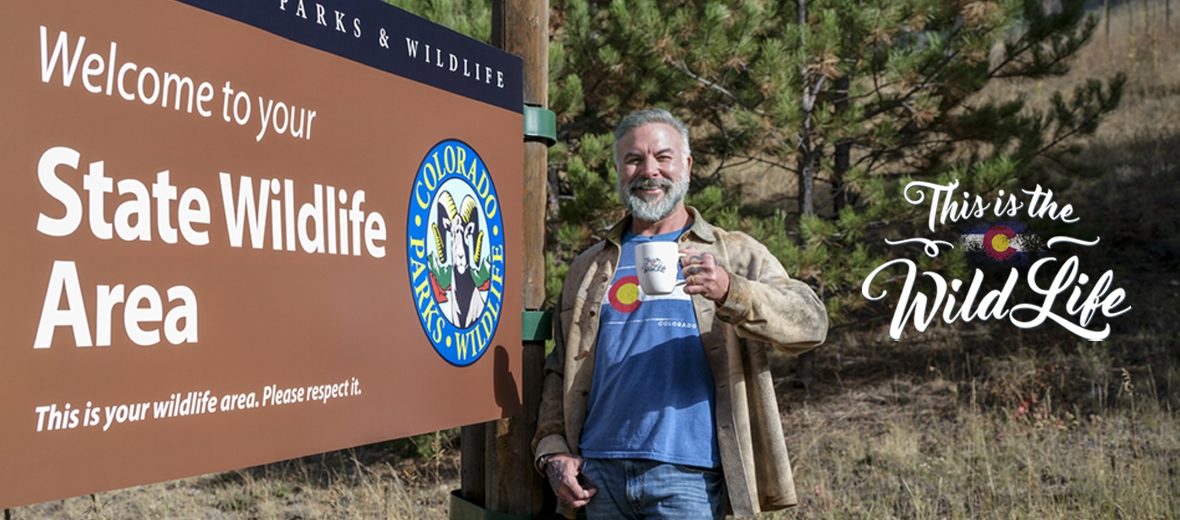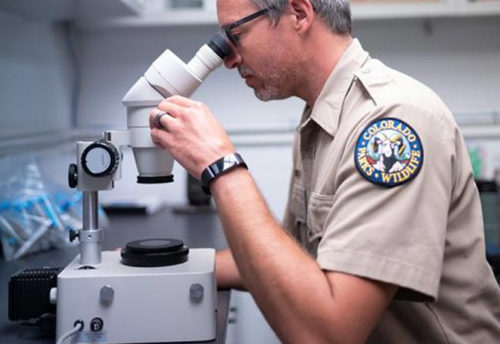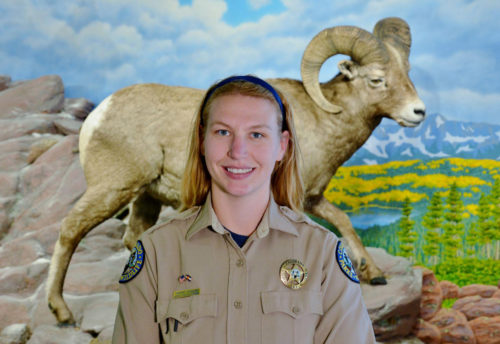
Colorado wildlife needs a place to thrive. That’s what State Wildlife Areas are for. They exist to help conserve vital habitat for animals. Colorado’s State Wildlife Areas (SWA) are acquired using the money from hunter and angler licenses. Not only do they conserve wildlife habitat, but they also provide wildlife-related recreation. That means that everyone in Colorado can benefit. In fact, there are more than 350 State Wildlife Areas to enjoy thanks to the efforts of Colorado Parks and Wildlife (CPW), who manages them. Its mission is simple, but essential — to protect and conserve Colorado’s wildlife. As human populations increase, along with tourism, these wild spaces are more essential than ever before.
Here’s how they work. To enter an SWA, you must possess a valid license to hunt or fish in Colorado. You can also purchase an SWA Pass if you’d like to access these areas. No matter your reason for enjoying an SWA, remember that these spaces are home to wildlife, so please be respectful even though you’re contributing to wildlife conservation. CPW relies on the sale of licenses and passes to fund the conservation of these crucial areas, not taxes. Just as visitors to a Colorado state park are required to possess a state parks pass, visitors to SWAs are now required to have a valid license or SWA pass.
You may be wondering, “How can I help support wildlife in Colorado?” Great question. You can help in a variety of ways. You can purchase a habitat stamp, be respectful of wildlife closures, and practice Leave No Trace. If you want to buy the pass, it’s easy to get online. Just click the SWA Pass tile on the Colorado Parks and Wildlife landing page.
Caring for Colorado’s wildlife is not free, but it’s worth it. This plan is CPW’s best solution to funding the protection of key habitats for wildlife in our state. The income from hunting and fishing licenses supports all wildlife programs in Colorado, including programs for nongame, threatened and endangered species, as well as hatcheries, habitat protection, education law enforcement, wildlife research, and more. Thank you for doing your part.




